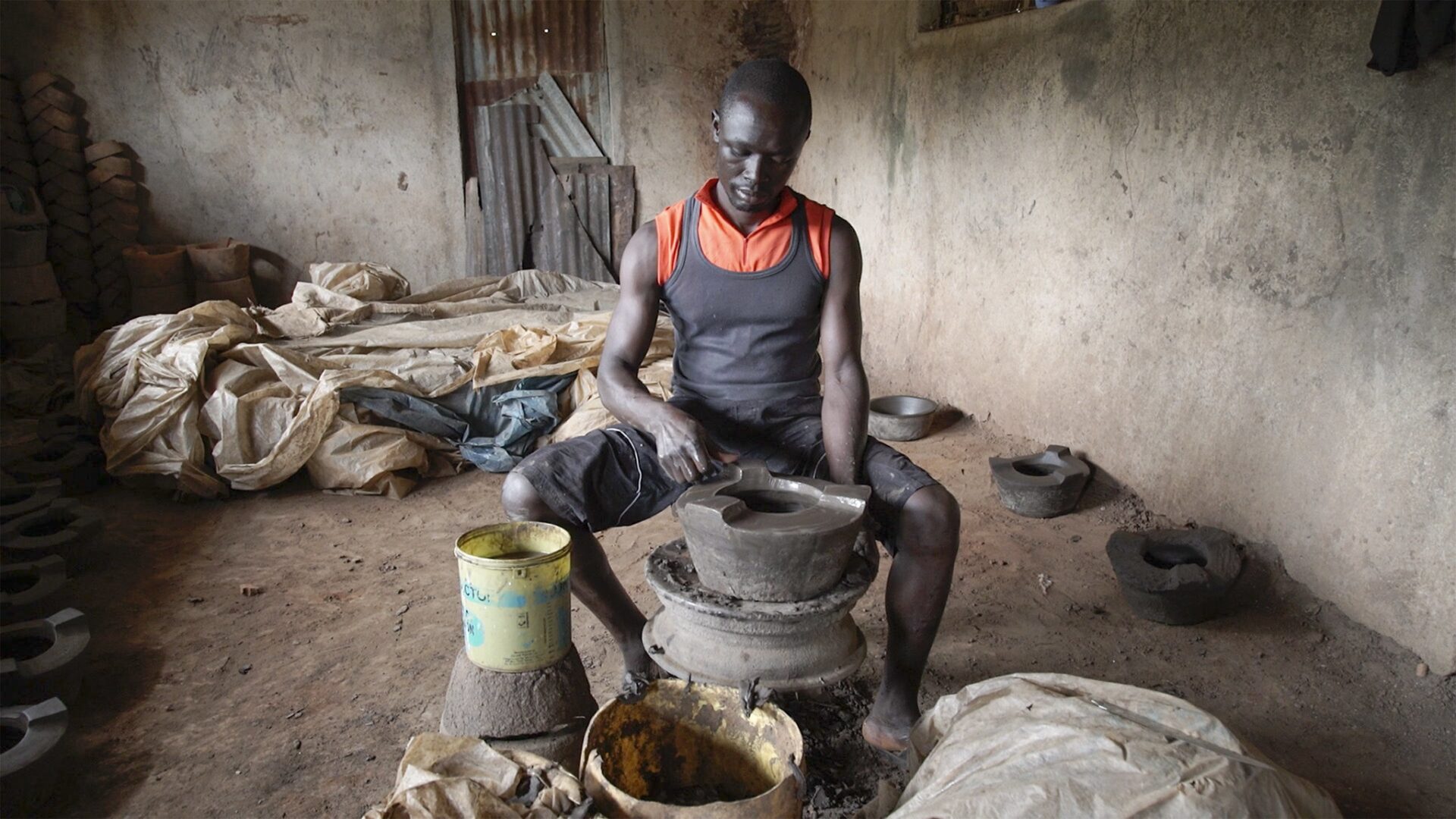The advantages of offsetting CO2 with clean cookstoves
Every day 2.6 billion people cook on open fires or ineffective cookstoves. This has a huge impact. For example, on climate change, because burning wood causes the emission of the greenhouse gas CO2. But it also effects health, social development of women and children and deforestation. Offsetting greenhouse gas emissions of your organization by using clean cookstove projects therefore has several advantages.
Clean cookstoves and climate change
Because so many people in developing countries cook on open fires, this accounts for four percent of global energy consumption. The effect on climate change is big. When cooking on an open fire, besides CO2, an enormous amount of soot is emitted. Soot is also a major cause of global warming. Reducing soot emissions is an important way to combat climate change. The use of wood and other biomass for cooking is also a major cause of deforestation and desertification. In many developing countries, cooking on open fires, is the number one cause of these problems.
Clean cookstoves and social impact
Women and children standing around the fire in the kitchen area are breathing in smoke. This causes lung diseases; inhaling the smoke is equivalent to smoking two packs of cigarettes a day. Worldwide, four million people die each year from the effects of the use of wood for cooking. That’s three times more than AIDS, and five times as many as malaria.
CO2 offsetting for businesses
Guidelines have been developed for the measurement of CO2 reduction through efficient and clean cookstoves. These guidelines are strict. By sampling, each year must be shown that a clean cookstove is still in use. Experience shows that a cooker reduces at least one ton of CO2 per year. A stove supplies in other words as many annual CO2 savings as ten solar panels. Three cookers are sufficient to compensate driving in a car for a year. So we talk about really substantial contributions.
Companies can offset their own greenhouse gas emissions by supporting clean cookstove projects. Then, a 100% responsibility can be taken for their own impact on climate change.

